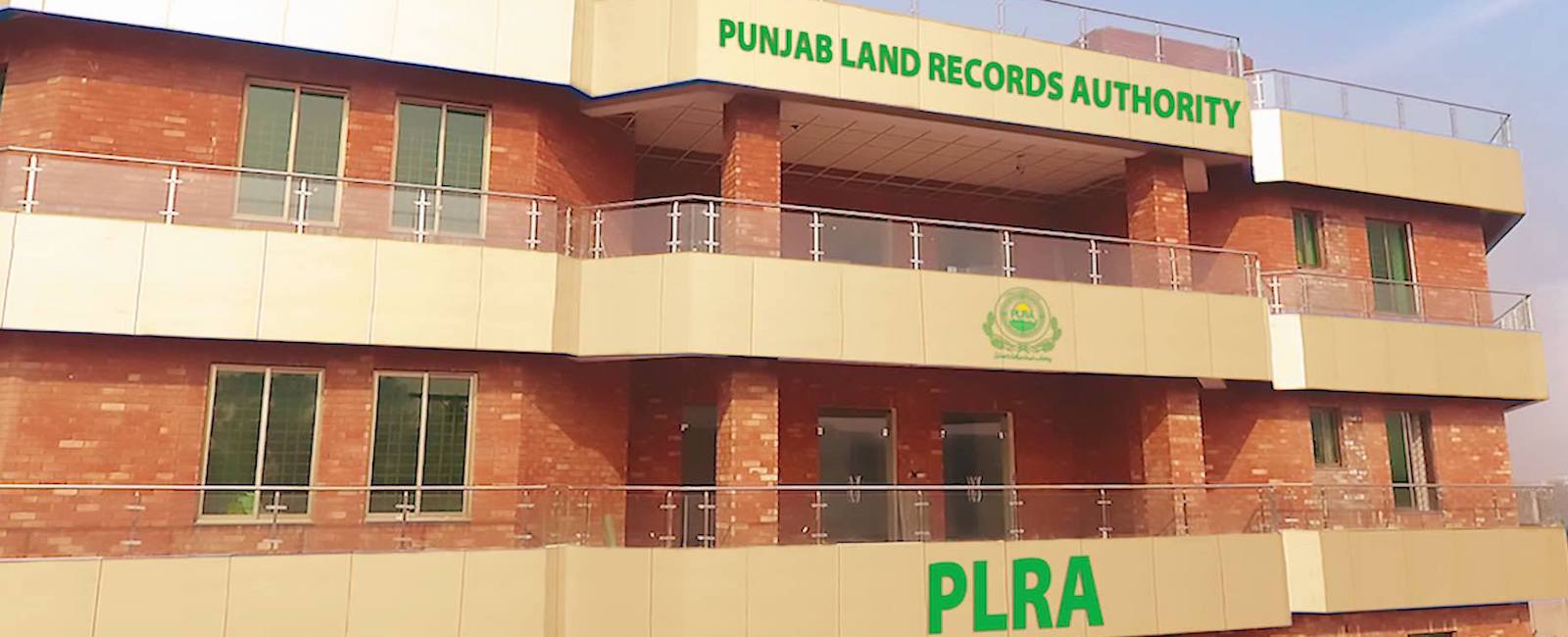Is the patwari culture making a comeback in Punjab?

On January 15, the Punjab government kicked up a storm, when it began to rehire land record and village officers, also known as patwaris and tehsildars, across the province.
Was the ruling Pakistan Tehreek-e-Insaf (PTI) going back on its promise of ending the “patwari culture”? Didn’t it also vow to computerise all land records?
The “patwari culture” has had a notorious reputation in Punjab. In the past, land record and revenue officers have been accused of corruption such as fudging tax collection to favor wealthy landlords over the poor.
To stop just that, the Land Record Management Information System (LRMIS) was set up in 2007, to create an online database of land records and to reduce the role of patwaris. This $115 million project was funded by the World Bank.
Ten years later, on January 1, 2017, the Punjab Land Record Authority (PLRA) was constituted to further modernize the system of land records in Punjab and improve service delivery. Under the PLRA, Arazi Record Centers (ARC) were rolled out which computerized 95% of records in the rural belt.
The Arazi Record Centers had now completely replaced the archaic system of Patwari Khanas that had previously been the authority to issue land-related documents.
Today, 152 ARCs are operational in the province to issue fard (Property ownership right documents), mutation (land transfer documents) and deed (registry of property documents) to the public within minimum time and in a transparent manner.
Back to the basics
Fourteen years after the patwari culture was put to an end, it seems it is being brought back again under the present government.
The PTI government, in collaboration with the Board of Revenue, has recently started establishing Dehi Markaz Maals (DMMs) where patwaris are again allowed to issue Fard, mutation and deed papers, even though ARCs are also running simultaneously in the province.
Till now, there are 761 DMMs across the province.
This has only created more confusion, as both, the DMMs and ARCs, perform similar functions of issuing land documents. But one difference is that while the ARCs operate under the Punjab Land Record Act, the DMMs are under the administrative control of the Board of Revenue.
Civil society activists say the DMMs are in violation of the Punjab Land Record Act. A petition has also been filed in the Lahore High Court challenging the Board of Revenue to designate patwaris to issue property documents, when under the law only PLRA officers are qualified to do so
The petitioner Sayyid Murtaza Ali Pirzada said that the thousands of Fard, and other land related documents, being issued by patwaris and tehsildars at DMMs have no legal status.
Separately, the officials of the PLRA have also written a letter to PLRA director-general on April 29 regarding the unlawful role of DMMs and patwaris.
The letter states that the Land Revenue Act 1967’s section 42 A (3) prohibits patwaris from registering records of land, while the West Pakistan Land Revenue Rules 1968’s Rule 36-A only authorized Service Center Officers (SCOs) at ARCs governed to issue Fard.
The PLRA officials further raise alarm that the illegal DMMs are using the PLRA’s main server with unsecure bandwidth connections, rather than official network lines.
“These unsecure online connections are highly susceptible to get hacked and data may land into hands of unscrupulous elements and if it happens a colossal loss to the public is inevitable,” the letter states.
In the concluding para, the letter talks about the recruitment of 500 patwaris and asks under what rule or law is the parallel patwari system brought back?
Patwaris are important
Babar Hayat Tarar, a senior member of the Board of Revenue, denied that the government plans to relaunch the patwari culture, but added that the patwari’s role is also important for hands-on knowledge in rural areas.
Besides keeping land records, patwaris in the past were also tasked to keep a record of the weather pattern, crop harvest information, voter registration and crimes in a village. They were expected to gather and note this information daily in their register.
Tarar said that though some corrupt patwaris eclipsed the entire system, it does not mean that every patwari is a crook. “Despite the infamous ‘thana culture’ every policeman is not corrupt. We need to reform the systems to purge dishonest government officials whether they are patwaris or policemen,” Tarar told Geo.tv.
The PLRA spokesperson and Additional Director (Communication) Nadia Cheema agreed, adding that the formation of DMMs does not violate the Punjab Land Record Authority Act 2017.
Under the Act, she added, Service Delivery Outlets can be set up to assist people and to avoid crowding at the ARCs. These Outlets have been established at DMMs to increase the footprint of service delivery in the province and to make it easier to get documentation for the public.
“Automation of land records has been completed in the rural areas of Punjab already,” Cheema said, “If the government further empowers the PLRA we can computerize all urban land records too.”




